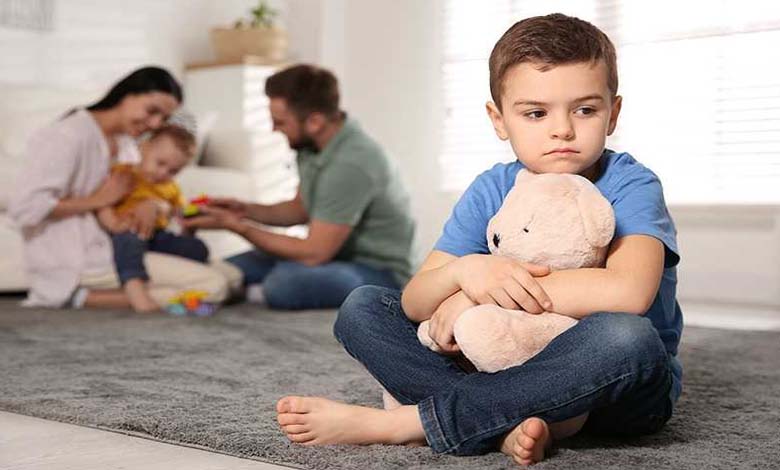Do Parents Love All Their Children Equally?

The question of whether parents love all their children equally has long been a subject of interest in psychological and social research.
In this regard, a recent study revealed that parental feelings can be influenced by multiple factors, including a child’s personality, birth order, resemblance to their parents, and surrounding family and social conditions.
-
What Is the Link Between Maternal Health and Autism in Children?
-
Children Learn Language Earlier “Than We Thought”
According to the study, conducted by family psychology researchers, parental love does not necessarily imply absolute equality in treatment. Some parents may feel a stronger connection with one child due to unconscious factors, such as similar temperaments or shared interests.
Additionally, birth order plays a role: parents tend to be more protective of the youngest child, while placing higher expectations on the eldest.
According to Parents, the study highlights that children facing health or educational challenges may receive greater attention and care from their parents, which could be perceived by siblings as favoritism.
-
Health Risk Threatens Children of Divorced Parents
-
What is the impact of permissive parenting on children?
However, despite these differences, researchers emphasize that these factors do not necessarily indicate a preference for one child over another but rather reflect different needs that require various ways of expressing parental love.
Experts highlight that being aware of these differences helps parents maintain emotional balance within the family, strengthening sibling relationships and reducing feelings of jealousy or rivalry.
-
How Does “Gentle Parenting” Affect Children’s Development and Family Well-Being?
-
What is the Impact of Grandchildren’s Connection with Grandparents on Their Emotional Health?
Family education specialists recommend open communication with children, ensuring that each child receives love and support tailored to their individual needs. They also stress the importance of spending one-on-one time with each child to enhance their sense of affection and attention, while avoiding comparisons that could trigger jealousy.












